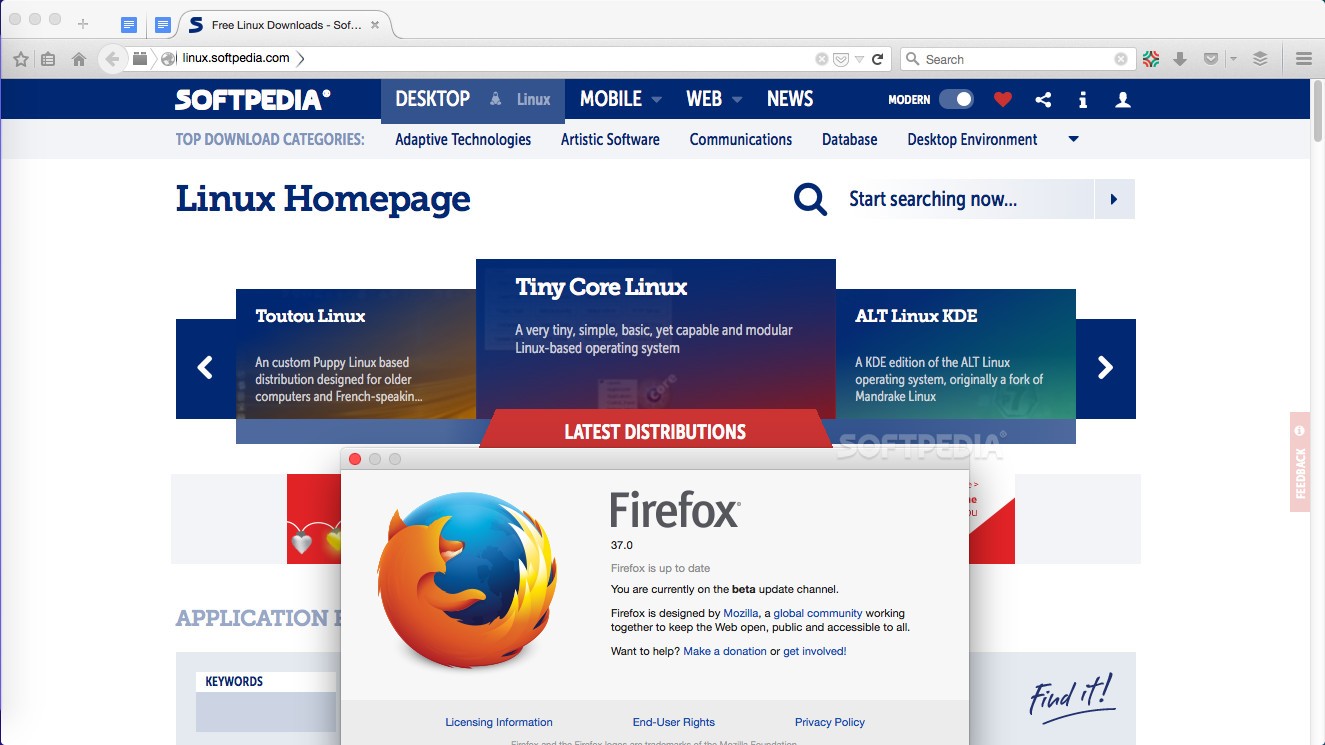

It’s possible that some parsing libraries may have hard-coded assumptions or bugs that don’t take into account three-digit major version numbers. “Without a single specification to follow, different browsers have different formats for the User-Agent string, and site-specific User-Agent parsing. The web uses various ways of handling and parsing user-agent strings, and similar issues were experienced when browser versions moved from single-digit to double-digit a little over 12 years ago. The major concern with version 100 is due to the fact that the version number will be moving from two-digit to three-digit. Why Might Version 100 of Chrome, Firefox and Edge Break Websites? To give you an example, the current user-agents for Chrome, Firefox and Edge are: It’s sent by the browser to the server through a HTTP header, and can be used for things like serving a mobile version of a site if the request is coming from a smartphone. To briefly summarise, a browser’s user-agent is a string (line of text) that helps identify which browser is being used, what version it is and what operating system is being used. Read on to find out why people are anticipating something akin to the Y2k bug all over again. While this sounds like a cause for celebration, it could result in endless headaches for a small number of websites, due to the bugs and compatibility issues that come with a triple-digit user agent string. With the release of each newer version the tool has run more and more smoothly, allowing it to compete head to head with its main competitors.Įach newer version of Firefox has definitely presented important changes and improved its service, allowing it to no longer be seen as a simple alternative to Internet Explorer and Google Chrome and to become the main choice for millions of users around the world.Google Chrome, Mozilla Firefox and Microsoft Edge are rapidly closing in on a big milestone: version 100. The speed with which websites are loaded, and resource use, have also seen improvements, therefore avoiding the excessive use of memory found on previous versions.

Performance and stability have, once again, been improved with better JavaScript and rendering engines, increased HTML5 compatibility, independent processing for the browser’s add-ons, and much more. Its latest releases have centered on improving technical aspects, as its appearance continues being pretty much the same as that of previous versions. Among its main features are the option of being able to browse several websites at the same time thanks to its tab system, all while supporting most existing web standards as well as offering a personalized experience thanks to its extensions, add-ons, and themes that have been created by the community and which allow you to expand its functions.
MOZILLA FIREFOX CURRENT VERSION NUMBER FREE
Mozilla continues working on more improvements for its star product: the free and open source browser, Firefox.


 0 kommentar(er)
0 kommentar(er)
